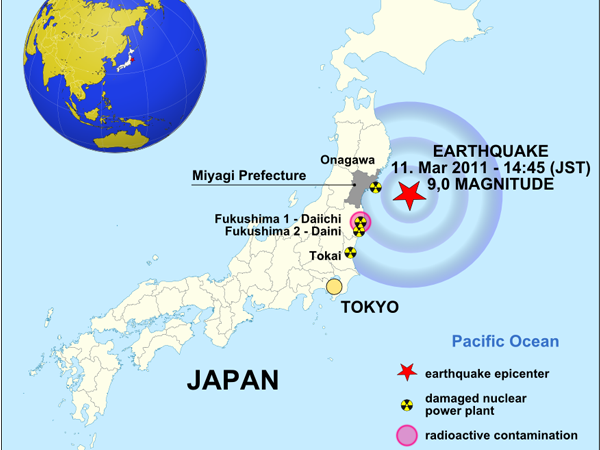In this study authored by former Harvard Bell Fellow Adel Daoud, PhD, and our faculty affiliate Ichiro Kawachi, and their colleagues, a machine learning approach to parsing out differences in mental health problems after a disaster-related traumatic experience (in this case, older Japanese adults who lived in an area hard hit by the 2011 Great East Japan Earthquake) revealed that some subgroups experienced severe impacts. Those found to be most…
Long-term effects on sleep of older natural disaster victims
Ichiro Kawachi, MD, PhD, and Orfeu Buxton, PhD, are authors on a study that evaluated the sleep of those aged 65 and older who were impacted by the 2011 Great East Japan Earthquake and Tsunami. Two and a half years after the event, those who experienced material loss, such as financial and home, were still at greater risk of sleep problems.
Exploring PTSD Symptom Clusters and Asthma Attacks Among Hurricane Katrina Survivors
Harvard Pop Center Yerby Fellow Mariana Arcaya, ScD, and affiliated faculty members Mary C. Waters, PhD, and S.V. Subramanian, PhD, have published a study in the Journal of Traumatic Stress that examines the relationship between PTSD symptom clusters and asthma attacks among natural disaster survivors.
Post-Katrina Happiness
Mary Waters, PhD, M.E. Zukerman Professor of Sociology, Department of Sociology, Harvard University, and Pop Center Yerby Fellow Mariana Arcaya, ScD, are co-authors on a study published in the Journal of Happiness Studies titled “Happily Ever After? Pre-and-Post Disaster Determinants of Happiness Among Survivors of Hurricane Katrina.”
